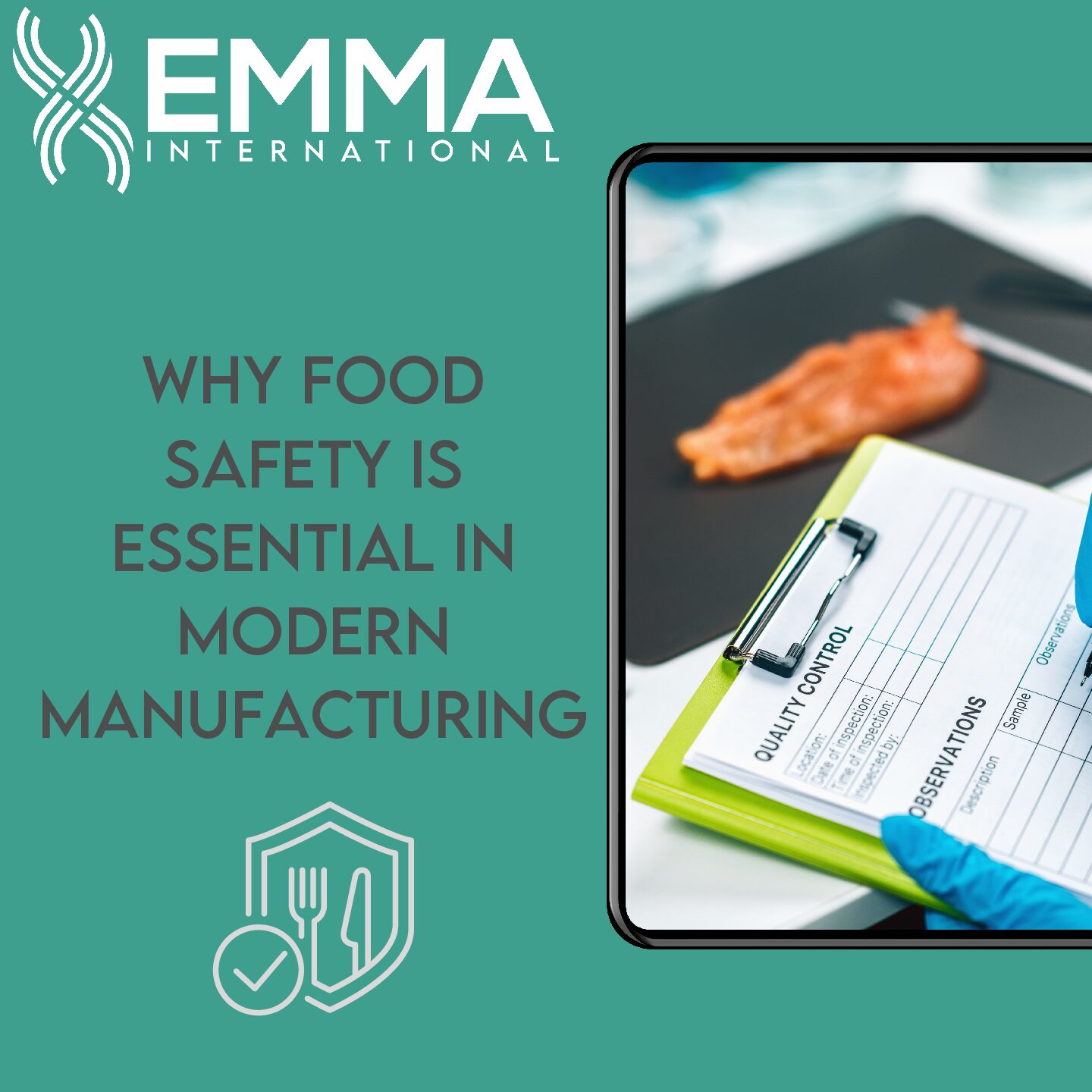How does a medical device manufacturer make sure that they prevent garbage from coming into their factory, and therefore lessen the ways that garbage can go out? Supplier controls are a set of useful tools to evaluate potential suppliers for product quality, as well as other important capabilities of suppliers. It’s not just a good idea, it’s the law, according to 21 CFR 820.50.
Each manufacturer is mandated to set standards for all the product and raw material that enters their facilities. The language is vague, because every manufacturer has different needs for all the different products that fall into the purview of FDA. Bandage manufacturers have different needs for the quality of adhesive they may purchase than catheter manufacturers would have for the lubricants that they may purchase.
Before buying the product, potential suppliers need to be evaluated on how well they (the suppliers) can meet the requirements (dimensional, volume of product, quality, etc.) of the manufacturer. You don’t want to go through the hassle of establishing a professional relationship, negotiating a contract, signing a contract, and paying for shipping of product unless you are certain that the supplier can give you the product that you need in the volume that you need it.
FDA also requires that manufacturers define the controls that they put over the product they buy. It doesn’t matter what kind of controls are put in place; the supplier is welcome to self-audit, the manufacturer can speak with prior clients of the supplier, the manufacturer is welcome to send its own audit/inspection team to the supplier (provided that the supplier consents). FDA does not care how you do it, just as long as a procedure is defined by the manufacturer, and then followed.
Finally, manufacturers must create and maintain records listing which suppliers have proven their product as acceptable to the manufacturer. If ABC Plastic Supply Company fails to provide incoming components for a medical device with sufficient manufacturing precision, it is a waste of time and money to bother them again until they can make the grade. If XYZ Metal Products demonstrates their ability to submit product that meets specifications, is within tolerance, and does so consistently, a manufacturer would likely become a repeat customer, and wouldn’t want to perform their evaluation process more often than necessary.
If a manufacturer lacks controls over what raw material comes into their factory, how do they know that the medical devices that leave the factory will have the same consistent quality throughout? If they don’t, it could lead to damage to their corporate image, a loss of market share, and a boat-load of professional liability.
The experts at EMMA International can help you ensure that your suppliers are able to make the grade. You can call them us (248) 987-4497, or write us an e-mail at info@EMMAinternational.com.






